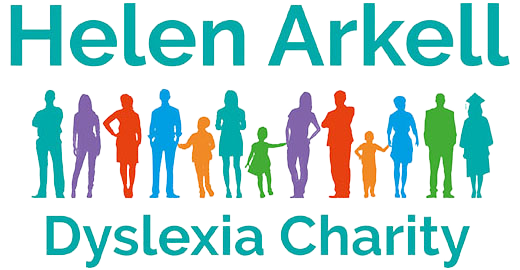Joanna

‘Be open… don’t wait for someone to notice and wave a magic wand.’
Joanna remembers an isolated childhood where she felt she didn’t fit in. She was bullied and struggled at school socially and academically and had time off with anxiety and depression. She learned to memorise facts, tell stories to impress her peers and to change her identity to fit in. Art was a passion but, apart from excelling at French, her grades were poor and by her mid-teens, Joanna was experiencing health and behavioural problems. ‘In hindsight,’ Joanna says, ‘dyslexia and other specific learning difficulties have been central to the confusion, fear and isolation I felt.’
Despite this, Joanna managed to get a place at Durham University. She says, ‘…my neurodiversity slipped through the net at school, university and in the workplace, perhaps because I managed to develop many high functioning coping strategies’. After university and later qualifying
as a solicitor with the help of reliable, loving partner, Joanna moved from job to job and city to city before travelling in Asia and Australia – something she now recognises as an attempt to find ‘an inspiring way forward with my life’.
Eventually, with the breakdown of her relationship, loss of her home, and mental health and debt issues, Joanna hit rock bottom and decided she needed help. This first step was the diagnosis of bipolar disorder and then an assessment where she was diagnosed with ADHD, dyslexia and dyspraxia. ‘This was a catalyst to take responsibility for my life… through self-compassion, love, forgiveness and hope.’ Joanna spent time in therapy, tried new jobs and settled with her new husband as a yoga and meditation instructor and counselling therapist. She is now also a charity trustee and consultant to a tech start-up.
‘… challenges I have experienced since childhood have made me who I am today and given me such a heightened sense of purpose and spiritual connection that I live consciously with as much joy as possible, and I champion this way of ‘being’ in others – we only get one shot, so through our traumas and triumphs, I advocate making the absolute best of it!’
We asked Joanna what the most important thing a person with dyslexia can do:
‘Find someone who can help you – don’t wait for someone to notice and wave a magic wand. Be open, tell your teachers, classmates, family and someone will be able to help you; you’ll feel better and you will feel a greater sense of connection to your true purpose as the steps to take you on your path emerge.’
Joanna talks about her dyslexia below.




